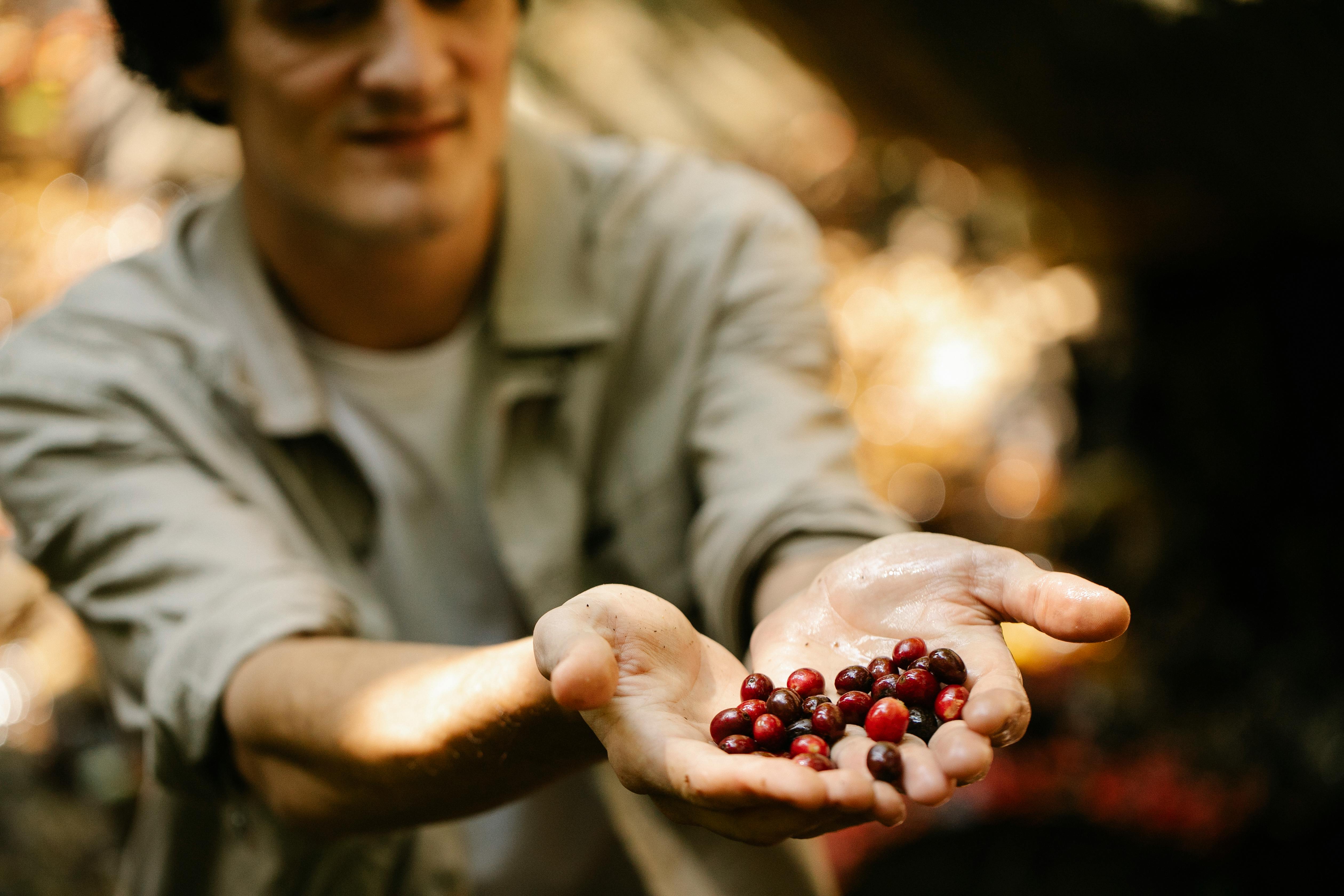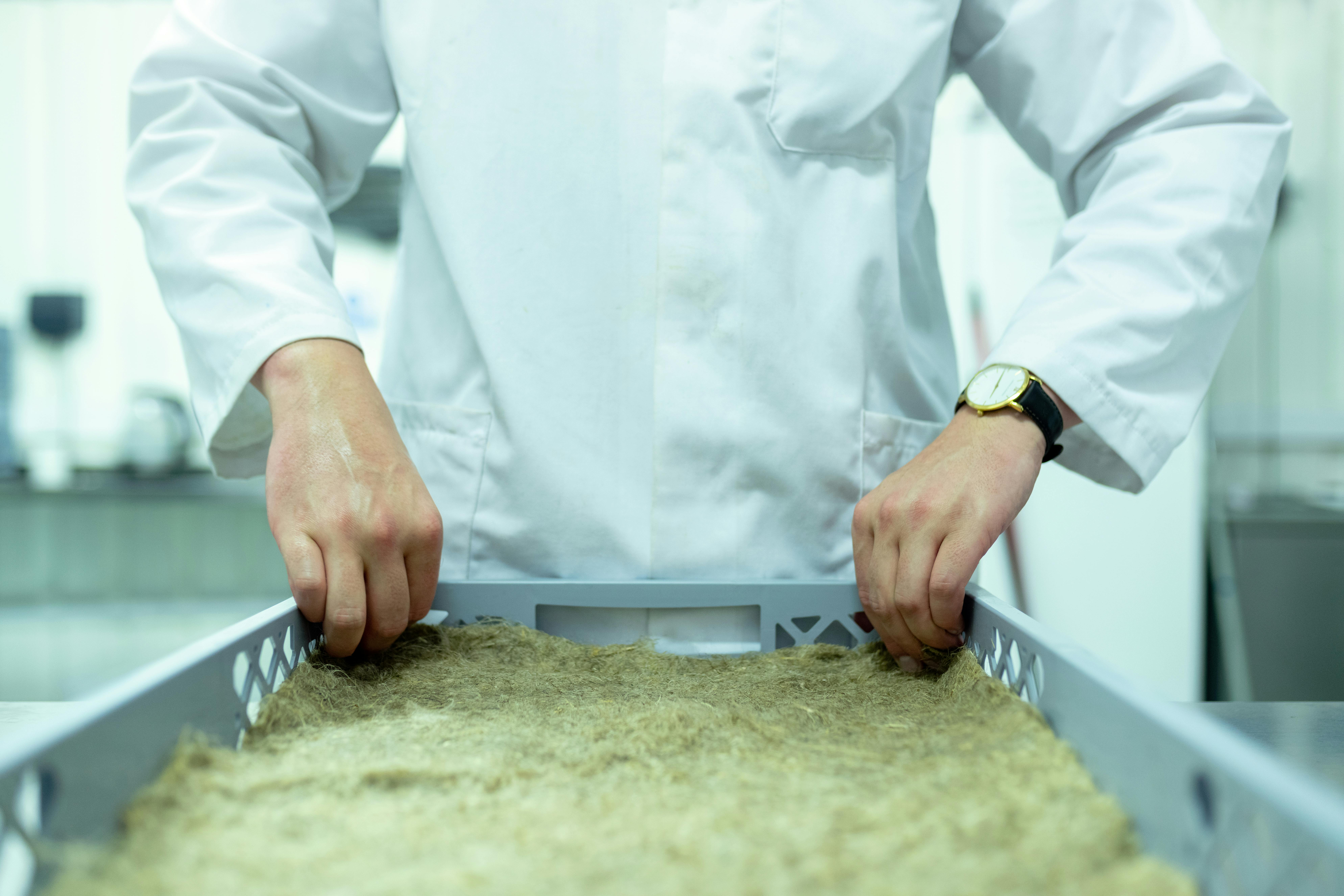The Organic Wave: World Farmers Harnessing Natures Power for Healthier Crops
- 12/10/2023
- 715 Views

Photo by Michael Burrows on Pexels
The Organic Wave: World Farmers Harnessing Nature's Power for Healthier Crops
The Rise of Organic Farming
Organic farming is a worldwide phenomenon that has gained significant momentum in recent years. With growing concerns about the harmful effects of synthetic pesticides and fertilizers on our health and the environment, farmers around the globe have turned to organic methods as a viable and sustainable alternative. The organic wave has swept across continents, with farmers harnessing nature's power to cultivate healthier crops.
The Benefits of Organic Farming
The switch to organic farming practices offers a multitude of benefits. Firstly, organic methods promote soil health and fertility. By avoiding the use of synthetic chemicals, farmers maintain the natural balance of nutrients in the soil, enhancing its ability to support plant growth and resist pests and diseases.
Moreover, organic farming practices prioritize biodiversity and ecosystem preservation. Farmers adopting organic techniques tend to encourage and support a broad range of beneficial organisms such as pollinators, predators, and microbes. This ecological balance ensures natural pest control, reducing the reliance on chemical pesticides.
Organic farming also minimizes water pollution. Synthetic chemicals used in conventional agriculture often leach into water bodies, causing contamination and ecosystem disruptions. Conversely, organic farming practices prevent the runoff of harmful chemicals, preserving water quality and safeguarding aquatic ecosystems.
Additionally, organic crops are healthier for consumers. Organic farming prohibits the use of genetically modified organisms (GMOs), as well as artificial additives, preservatives, and antibiotics. This results in food that is free from potentially harmful substances, making it a safer and healthier choice.
Organic Farming Around the World
The organic movement is not limited to one corner of the globe. Farmers worldwide, ranging from small-scale operations to large estates, have embraced organic farming. In Europe, countries like Germany, Switzerland, and Austria have been leading the way in organic agriculture, with over 10% of their agricultural land being organic.
In Asia, countries such as India and China have also witnessed a surge in organic farming. India, in particular, is one of the largest organic producers globally, cultivating a wide range of organic crops, including rice, wheat, and fruits. In China, the government has actively promoted organic farming as a sustainable solution to combat soil degradation and food safety concerns.
In the Americas, organic farming has gained popularity in countries like the United States, Canada, and Mexico. The organic market in the US alone has experienced remarkable growth, with sales of organic products reaching over $50 billion annually.
A Future of Sustainable Agriculture
As the demand for organic products continues to rise, there is a growing realization that organic farming is a crucial component of sustainable agriculture. By harnessing nature's power and adopting environmentally friendly practices, organic farmers are leading the way towards healthier crops, a cleaner environment, and a more sustainable future for the farming industry.


